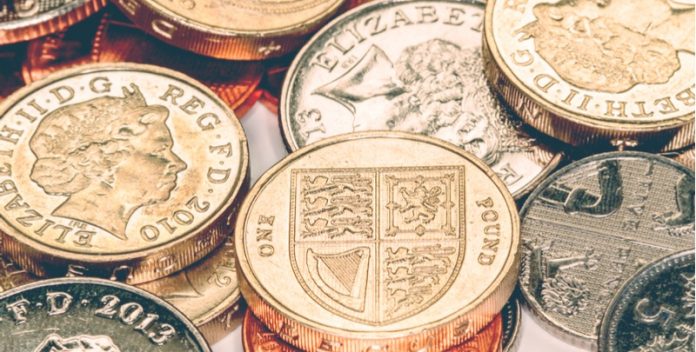- Riskier Australian Dollar (AUD) drops amid fears that rising covid numbers in US could hinder global economic recovery
- A lack of domestic data means risk sentiment to drive Aussie Dollar, US data in focus
- Hopes of a Brexit deal lift Pound (GBP), gains capped by second wave fears
- Pound Australian Dollar exchange rate (GBP/AUD) advances towards 1.81
The Pound is advancing versus the Australian Dollar for a third straight session on Thursday. The Pound US Dollar exchange rate settled on Wednesday +0.1% at 1.8081.
At 08:15 UTC, GBP/AUD is trading +0.15% at 1.8095 amid Brexit optimism and a broader risk off sentiment in the market.
A surging number of coronavirus cases, particularly in the US is unnerving investors. The resurgence in cases in the US has raised concerns that new lockdown restrictions could be needed, de-railing the fragile economic recovery.
The US saw a record number of daily new covid-19 cases on Wednesday. 38,672 new cases were recorded, led by accelerating outbreaks in Texas. Florida and California.
As risk sentiment dived, demand for riskier currencies such as the Australian Dollar has also taken a hit, along with equities. Stock markets across the globe are falling lower.
There is no Australian data due for release this week, which means that the risk sensitive Aussie Dollar will be driven by risk sentiment.
Investors will look towards US jobless claims, GDP figures and durable goods numbers for clues over the economic recovery in the world’s largest economy. Worse than forecast numbers could add to the risk averse climate.
Brexit news was offering support to the Pound after EU Chief Negotiator Michel Barnier said that a post Brexit trade deal between Britain and the European Union is still possible. He also signalled a margin of flexibility on key sticking points. The news has been well received by Pound investors who had been nervous that a deal may not be possible given the tight time-line and the delay caused by coronavirus.
Whilst Brexit optimism boosted the Pound, gains were capped by concerns raised by scientists that Prime Minister Boris Johnson was easing lockdown restrictions too quickly raising the chances of a seco d wave of infection.





